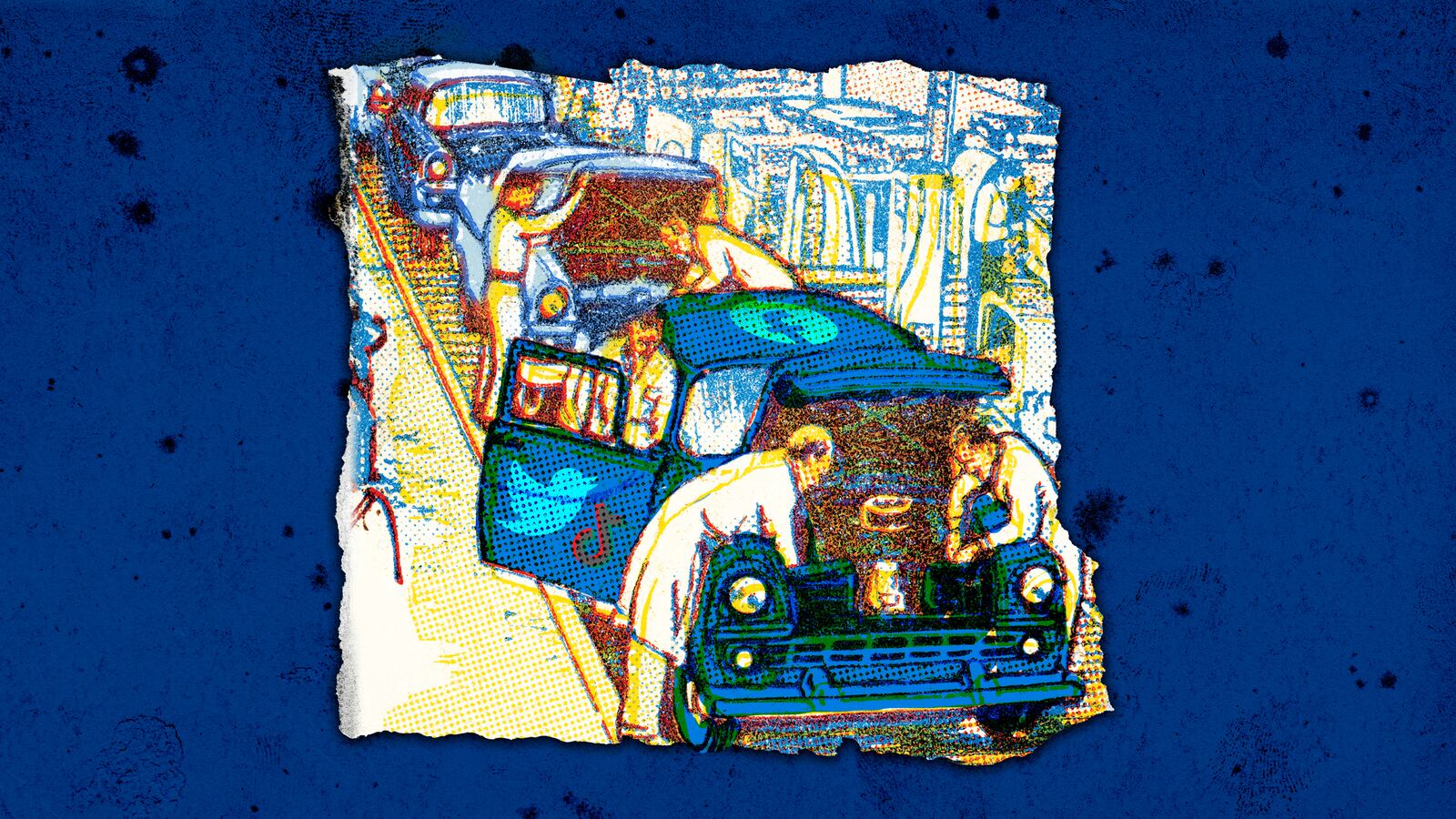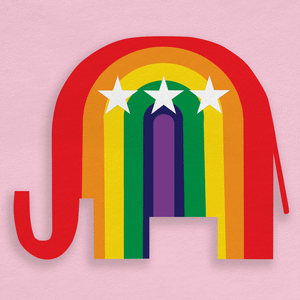If you have Facebook’s app on your phone—and I don’t recommend that you do—sometime this week you’ll find things look quite a bit different.
Once self-described as “a social utility that connects you with the people around you,” the network has decided to downplay that whole friendship thing and instead remodel itself on the video app TikTok.
To that end, the app is rolling out a new homepage “uniquely personalized to you through [Facebook’s] machine learning ranking system,” which is to say, a stream of posts, many from strangers, heavily weighted toward video and selected by an algorithm designed to antagonize, arouse, absorb, and addict you. Your high school friends’ baby pics, your uncle’s political Minions memes, your mom’s strangely consistent public diary of her daily bike rides—these will be significantly cordoned off in a secondary feed.
It sounds like a near-reversal of Facebook’s last big tweak to its feed, in 2018, which founder Mark Zuckerberg said would “encourage meaningful interactions between people” and “[focus] on bringing people closer together.”
The reasoning behind this shift for Facebook is easy to divine: It’s intended to increase user engagement, to get us to click more ads and buy more stuff, and, with any luck, to slow the graying of the network’s user base. But from the user’s perspective, it’s yet another reminder that all the big ideas for “fixing” social media are bad.
The average American adult will tell you that social media is a net negative for our society. Polling shows most of us think social media is divisive and untrustworthy, that too much of its content is offensive, that it makes our country worse. But we keep on using it, and we keep on arguing without resolution over how to make it better. The ideas on offer are a sorry lot—often unpopular, unworkable, or unconstitutional—while changes that could actually improve these sites run counter to their business interests and, thus, are not on offer.
The legislative energy around fixing social media has centered on two ideas. The first is using antitrust law to “break up Big Tech.” This is supported by politicians as diverse as Sen. Elizabeth Warren (D-MA) and Blake Masters, a buzzy Republican Senate candidate in Arizona endorsed by former President Donald Trump and backed by PayPal billionaire Peter Thiel. The bipartisan American Innovation and Competition Online Act, currently stalled out in the Senate, takes a version of this approach.

Rep. Louie Gohmert speaks during a news conference on Section 230 outside the U.S. Capitol in April 2022.
Stefani Reynolds/AFP via GettyIn most tellings, breaking up Big Tech means blocking (or even undoing) major mergers and acquisitions in the tech industry—like Facebook’s purchase of Instagram and WhatsApp—or even splitting social networks into their component parts: Facebook’s Messenger, profiles, groups, and Marketplace could all be made into separate programs and/or companies. It could also include banning or more strictly regulating the digital equivalent of the grocery store brand. For example: forcing Google not to prioritize its own map service over that of other map options in its search results.
This might be feasible, though it’s not certain to be popular, and I’m not sure these networks are as divisible as is often assumed. There’s also the matter of antitrust law’s historic focus on pricing and the fact that social media is free to use because we are less the customer than the product. “Even so,” as finance journalist James Surowiecki has argued at MIT Technology Review, “it’s not clear this would fundamentally dent Facebook’s hold on users, given the treasure trove of data it controls and the power of network effects.”
It’s also not clear how it would address the chief complaints about Facebook. How does spinning off Instagram or the Marketplace stop the spread of misinformation? How does it increase user privacy to have two or three or 10 companies in possession of our data instead of one? How would any of this make social media less divisive?
The second legislative idea is more concerned with content than corporate structure. It’s doing away with or substantially changing Section 230, the piece of federal law which exempts social networks from legal liability for what users publish on their platforms while permitting them to enforce content moderation policies of their choice. Eliminating Section 230 would make platforms responsible for the content they host, which is exactly why Facebook—which has the resources to adapt to such a new dispensation—supports changing Section 230, while its smaller competitors generally do not.

Cardboard cutouts of Facebook founder and CEO Mark Zuckerberg stand outside the U.S. Capitol in April 2018.
Saul Loeb/AFP via GettyBeyond the constitutional problem with forcing social networks to host speech they do not want to host, two in three Americans oppose making these sites liable for user content. And if we tried it, we’d soon find ourselves without the internet as we know it. The good would be gone as well as the ill, the baby tossed alongside the bathwater.
I’m not sure there are any large-scale fixes for social networks that would fare much better. Social media’s dysfunction is a chicken-and-egg problem: Its design encourages bad but profitable behavior, and we engage in that behavior, which turns a profit, which signals to the designers to encourage more of the same, and then we… well, you get it.
This is about demand as much as supply. Still, were I unfortunate enough to be tasked with crafting some big fixes of my own, I’d suggest ideas like limiting users’ network size, metering users’ post and comment rate, curtailing users’ total daily engagement time, and otherwise adding friction to calm intense discussions and slow the viral spread of false information.
We can voluntarily implement many of these ourselves, of course. But I can’t see them passing constitutional muster in legislative form, nor can I imagine any major social network voluntarily adopting limits that would upend their whole business model. People posting, watching, buying, and fighting less are the opposite of what Facebook wants. So here we are.
There is one hopeful note, though, in Facebook’s veer toward video. In its effort to appeal to the more youthful TikTok crowd, the new feed will be confusing and off-putting to some older users—the “baby boomers with an attachment to polarizing social media” whom tech critic Charlie Warzel has rightly described as a “trope of sorts in our national discussion about politics and disinformation.”
Maybe the boomers will log off a little more, and their politics will accordingly chill. Or maybe—because why wouldn’t this situation get worse?—the dregs of Facebook’s political content will leach into the zoomers’ videos, and the boomers will learn a whole new way to post. Maybe, in trying to make social media “less bad,” these companies will end up unleashing all kinds of fresh hell we never anticipated.








